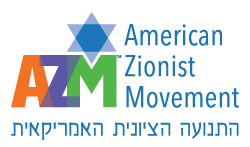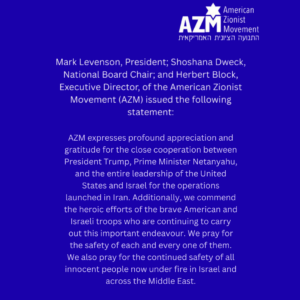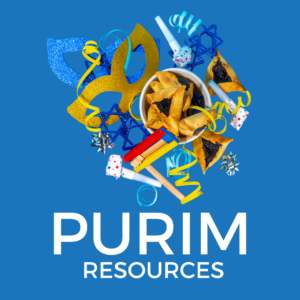The coincidence of Thanksgiving and Chanukah has generated a great deal of conversation in the American Jewish community. It has even created a new holiday known as “Thanksgivukkah.” However, when we examine the themes of these two holidays more closely, we can see that they have much in common.
Thanksgiving is a unique American holiday in which all of us can participate. It is an opportunity to give thanks for the freedom of this country, for our ability to live as Jews in an open society even with all of its challenges, and for the special gifts with which we have been presented by the wider American society. It is appropriate for each of us to give thanks and not to take these gifts for granted.
Chanukah can also be seen as a time of Thanksgiving. Rabbi David Chaim HaLevy, a former Chief Rabbi of Tel Aviv, writes that the Al HaNissim prayer appears in the Amidah in the section of Thanksgiving. He states that this is most appropriate, for on Chanukah we should give thanks not only for the victory of the Maccabees in ancient times, but also for its continuing message of spiritual and physical freedom for which we have fought and for which all nations crave. He reminds us, after the birth of the State of Israel, never to take this occurrence for granted.
We are privileged to live in a land of freedom and, at the same time, to express our solidarity with the State of Israel. Like the Maccabees of old, the people of Israel have stood up to tremendous physical and spiritual challenges. Israel remains for us not only a homeland, but also a beacon of light in a tumultuous Middle East.
As we light our Chanukah candles, as we sit down at our Thanksgiving tables, let us recognize not only our gratitude for the past, but also our dedication to making sure that the American dream and the Zionist dream shall live forever.
Rabbi Vernon Kurtz



